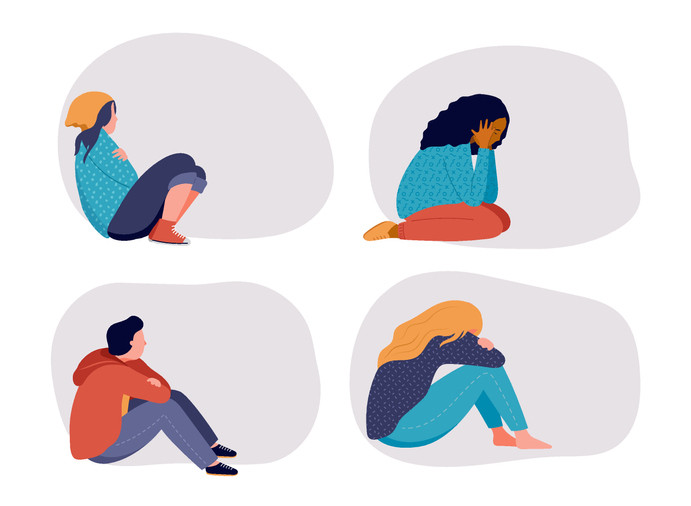Parnian Esmaeilishayeh (12) | STAFF REPORTER
After fighting for democracy, voting became a fundamental aspect to the functioning of society and government. However, in the Canadian federal election of 2021, only about 62.5% of eligible voters voted (Elections Canada). This percentage declines every election period. The lack of votes creates an issue as the elections do not truly represent the value of the majority, as the majority do not vote. Mandatory voting would resolve the decline in votes, ensuring fair representation, strengthening democracy, and increasing government accountability.
When only 62.5% of eligible voters vote, the judgment of the remaining 37.5% is not considered. Those 37.5% of people can completely change the election. Upon making voting compulsory, everyone eligible would be required to vote, thus allowing everyone’s opinion to be reflected in the election process. By increasing the number of voices involved in the voting process, the elections will closely reflect the needs of all citizens, including marginalized groups, which vote at lower rates.
Australia is one of the many countries that perform compulsory voting. There, the voting turnout rates are around 90%, ensuring everyone’s voices are heard instead of only the loudest ones (Mulroy).
Elections Ontario defines democracy by stating, “Democracy means rule by the people […]There are many democracies worldwide. Each has its voting system, ways of representing citizens, rights and responsibilities” (Election Canada). Therefore, voting is a fundamental part of how democracy is achieved. If the majority of people are not voting, then the democratic system is ineffective as it fails to represent all of its citizens. Making voting obligatory resolves this obstacle and ensures a sound, true democracy.
Mandatory voting ensures that elected officials are held accountable to the entire nation instead of a small group of core supporters. In voluntary voting systems, politicians can rely on a small group of voters, and by appealing only to them, they can stay in power. However, upon mandatory voting, elected officials must appeal to all groups and take responsibility for all. This results in actions that benefit the entire nation’s interests.
You might think “forcing people to vote violates freedom.” However, freedom has its responsibilities. Voting is a civic duty that must be practised to maintain democracy and freedom. Voters still have freedom over who they vote for; the only thing that is “mandatory” is participation. Additionally, in Australia, there are options like submitting blank ballots if voters are unsatisfied with the candidates, allowing freedom while increasing participation.
Another “con” one might consider is that uninformed people will vote randomly. However, uninformed votes will not be made if civic education is accessible to all. This is a necessary step in society, whether voting is compulsory or not. By increasing political awareness, citizens can be informed to fight for what they want and have their voices heard instead of being powerless.
Mandatory voting strengthens our democratic system and its people by ensuring that all voices are heard and taken into account. While still maintaining freedom through the option of submitting blank ballots, this participation increases freedom of speech. A small fee for not voting can enforce this system without complications. Voting is essential to democracy, and mandatory voting can lead to fairer policies, stronger government, and a more satisfied population.
Works Cited
Election Canada. “What is democracy?” Election Canada, https://www.elections.on.ca/en/resource-centre/educational-resources/curriculum-resources/grade-5/what-is-democracy-.html. Accessed 09 02 2025.
Elections Canada. “The 44th Federal Election by the Numbers.” Elections Canada, 29 January 2025, https://www.elections.ca/content.aspx?section=med&dir=pre&document=sep2921&lang=e. Accessed 09 02 2025.
Mulroy, Steven. “What US election officials could learn from Australia about boosting voter turnout.” The Conversation, 13 January 2020, https://theconversation.com/what-us-election-officials-could-learn-from-australia-about-boosting-voter-turnout-128617. Accessed 12 February 2025.



